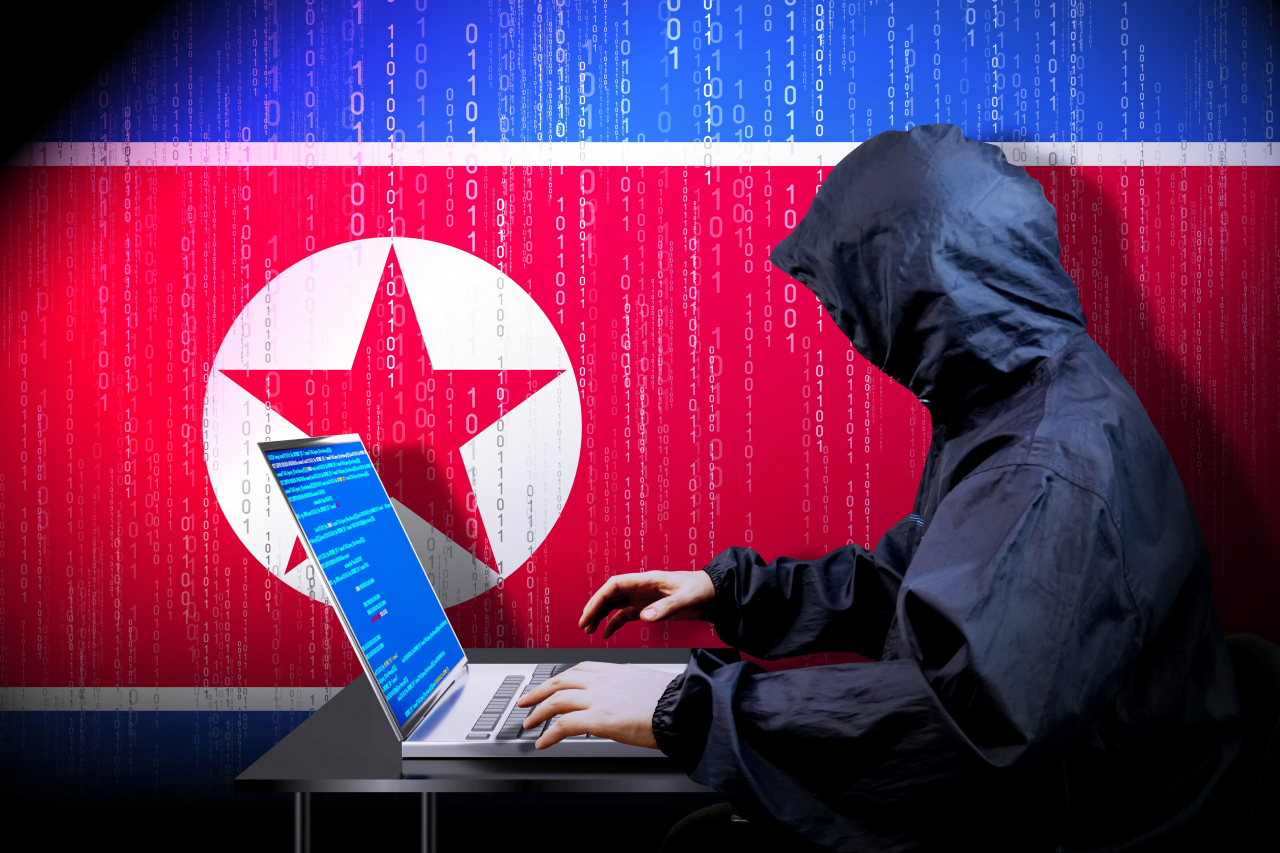 |
(123rf) |
South Korea and the US sanctioned a North Korean believed to be linked to cybercrimes meant to bankroll North Korea’s nuclear and weapons programs -- the first ban the two allies have jointly rolled out on a single individual.
Sim Hyon-sop, the North Korean in question, worked for a North Korean bank already sanctioned by the United Nations Security Council resolutions, and was responsible for “creating fake accounts, money laundering and other illegal financial activities,” the two countries said in a joint statement Monday.
Sim, the statement noted, had laundered millions of dollars in cryptocurrencies that North Korean IT workers had stolen overseas using fake identities. Seoul and Washington previously issued alerts, warning the international community of such North Koreans taking on remote jobs to earn cryptocurrencies from global companies.
The latest sanction marks the sixth round of bans imposed by the Yoon Suk Yeol administration, which took office in May last year. Since October, the administration led by a conservative president looking to get tough on North Korea has unilaterally imposed sanctions on 36 individuals and 41 groups, calling for commensurate international efforts.
Earlier this month, the chief nuclear envoys from South Korea, the US and Japan called on the international community and countries employing North Korean workers to help repatriate them as per the UNSC resolutions preventing their overseas income from bankrolling the North’s nuclear and missile programs.
At the time, the envoys underscored blocking such new “revenue streams” used to accelerate North Korea’s nuclear buildup. North Korean leader Kim Jong-un said last month he wants an “exponentially bigger” nuclear arsenal, a flagrant violation of UNSC resolutions that has led to tighter ties among Seoul, Washington and Tokyo. The three have been working on disarmament.
North Korea is refusing to return to nuclear talks unless sanctions are loosened, and is believed to be making last-minute preparations to launch what it claims to be a spy satellite. Many see the plan as a cover for advancing its missile technology. Two weeks ago, Pyongyang fired off a solid-fuel intercontinental ballistic missile, which fires quicker and is harder to detect than liquid-fuel ones.
This week, South Korea and the US will discuss bolstering their defenses against Pyongyang, during Yoon’s six-day tour to Washington, which started Monday. Giving South Korea a bigger say in how the joint defenses are set up with US nuclear weapons is the top priority of the state visit, the first in 12 years.







![[Today’s K-pop] Blackpink’s Jennie, Lisa invited to Coachella as solo acts](http://res.heraldm.com/phpwas/restmb_idxmake.php?idx=644&simg=/content/image/2024/11/21/20241121050099_0.jpg)